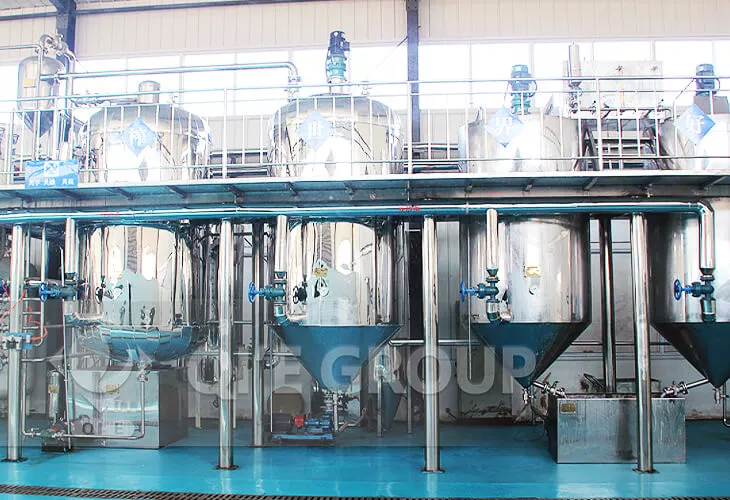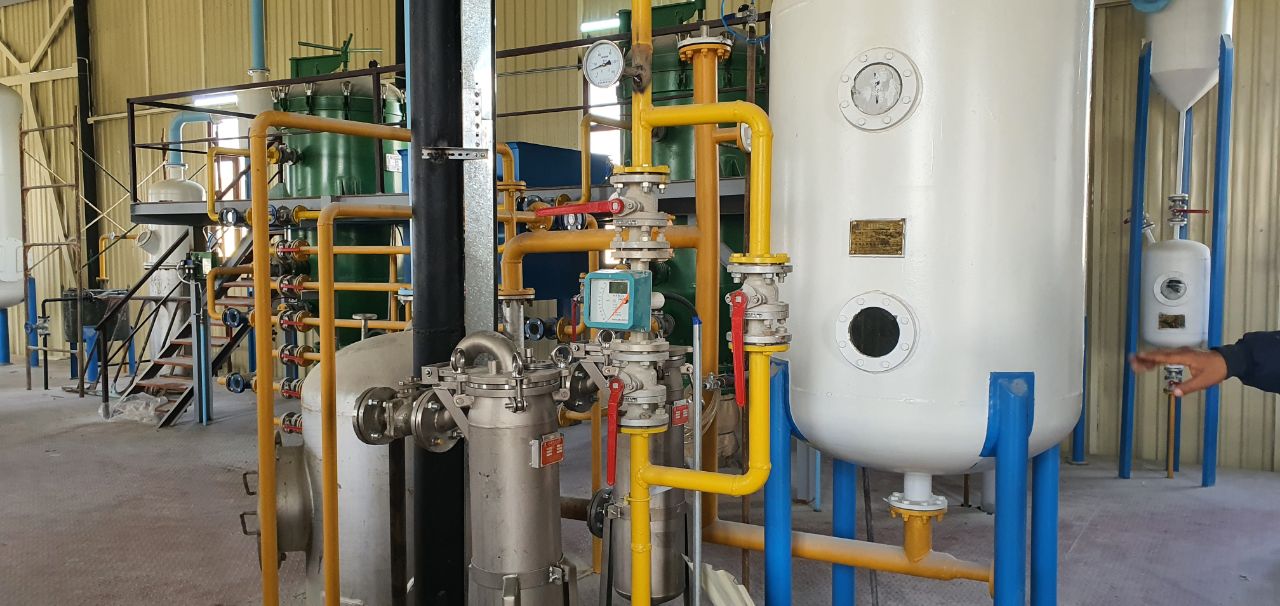
As global demand for sustainable industrial solutions continues to rise, the palm oil refining industry is undergoing a significant transformation. With increasing pressure from regulatory bodies and consumers alike, manufacturers are turning to advanced technologies that not only improve efficiency but also reduce environmental impact. In this context, energy-efficient palm crude oil refining equipment has emerged as a game-changer, offering both economic and ecological benefits.
Modern palm crude oil refining systems integrate cutting-edge technology with optimized processes to ensure maximum resource utilization and minimal waste. These systems are designed to meet the growing need for eco-friendly production while maintaining high output quality and performance. Let’s explore the key features and energy-saving advantages of these innovative machines.
The latest generation of palm crude oil refining equipment is built around two core components: a complete leaching process and an advanced fully automatic PLC control system. These elements work together to streamline operations, reduce energy consumption, and enhance overall productivity.
The complete leaching process ensures that every drop of oil is extracted efficiently, minimizing raw material loss and maximizing yield. This method is particularly effective for processing high-quality crude palm oil, resulting in a more consistent final product.
Complementing this is the fully automatic PLC control system, which enables real-time monitoring and precise control over all stages of the refining process. This level of automation reduces human error, lowers labor costs, and significantly improves energy efficiency by optimizing operational parameters on the fly.

One of the most compelling aspects of modern palm crude oil refining equipment is its impressive energy-saving performance. According to internal data from leading manufacturers, the average steam consumption per ton of oil processed is below 300 kilograms, and the power consumption rate is just 22 kilowatt-hours per ton. These figures are significantly lower than those of traditional refining systems.
To put this into perspective, let’s compare these numbers with the industry average:
| Parameter | Our Equipment | Industry Average |
|---|---|---|
| Steam Consumption (kg/ton) | 280 | 350–400 |
| Power Consumption (kWh/ton) | 22 | 30–40 |
This data highlights the substantial energy savings that can be achieved with the latest refining technologies. For companies looking to reduce operating costs and meet sustainability goals, these improvements are not just beneficial—they’re essential.

A major palm oil processing plant in Southeast Asia recently upgraded its refining system to one of the latest energy-efficient models. The results were remarkable. Within six months of implementation, the facility reported a 25% reduction in steam usage and a 30% decrease in electricity costs. Additionally, the improved process consistency led to a higher-quality end product, which boosted customer satisfaction and market competitiveness.
This case study demonstrates how investing in modern refining equipment can deliver measurable financial and environmental returns. As industries worldwide continue to prioritize sustainability, such innovations are becoming a strategic necessity rather than a luxury.

If you're looking to enhance your palm oil refining operations with energy-efficient technology, now is the time to act. Our state-of-the-art refining systems offer proven performance, reduced energy costs, and long-term sustainability benefits. Whether you're expanding your current facility or starting a new project, we have the expertise and solutions to support your goals.
Discover how our advanced equipment can transform your production line. Contact us today to learn more about our energy-saving palm crude oil refining solutions and schedule a consultation with our team of experts.

